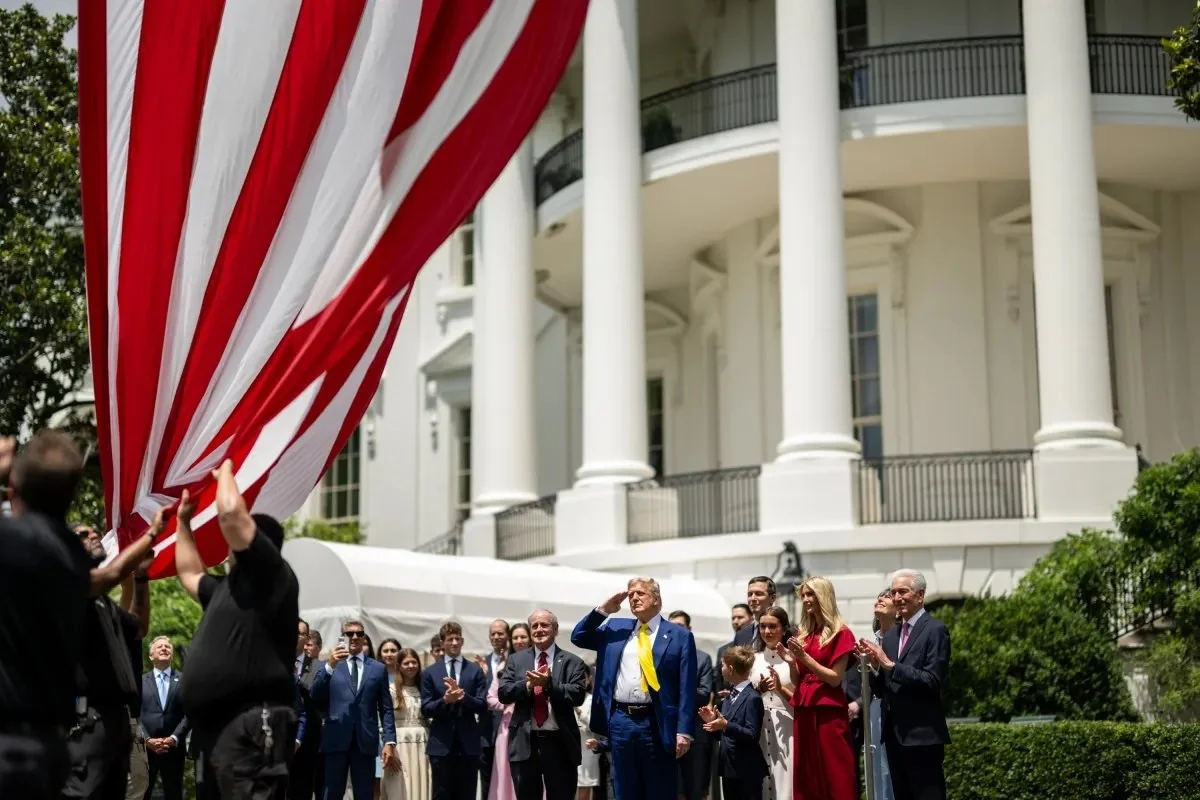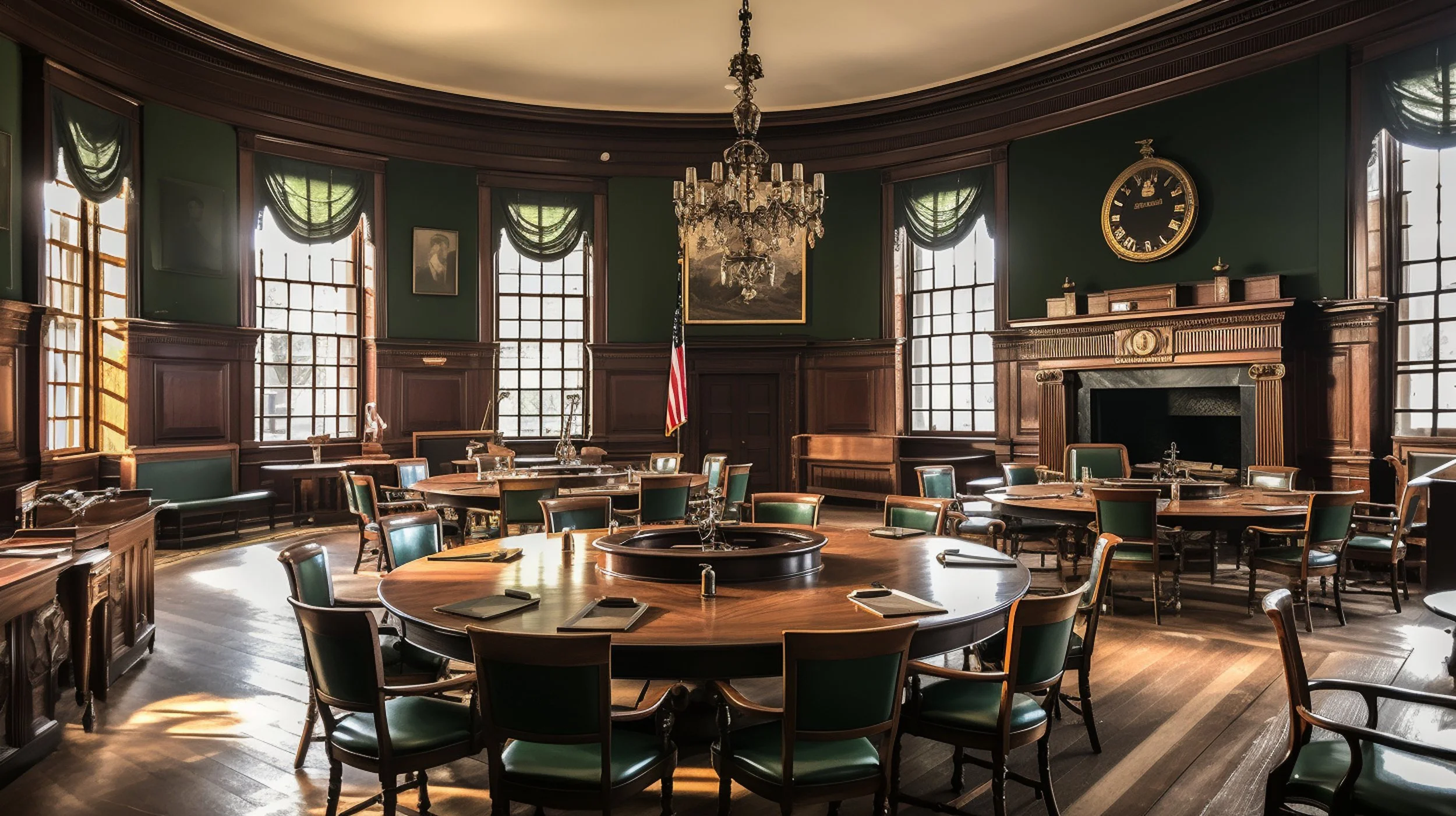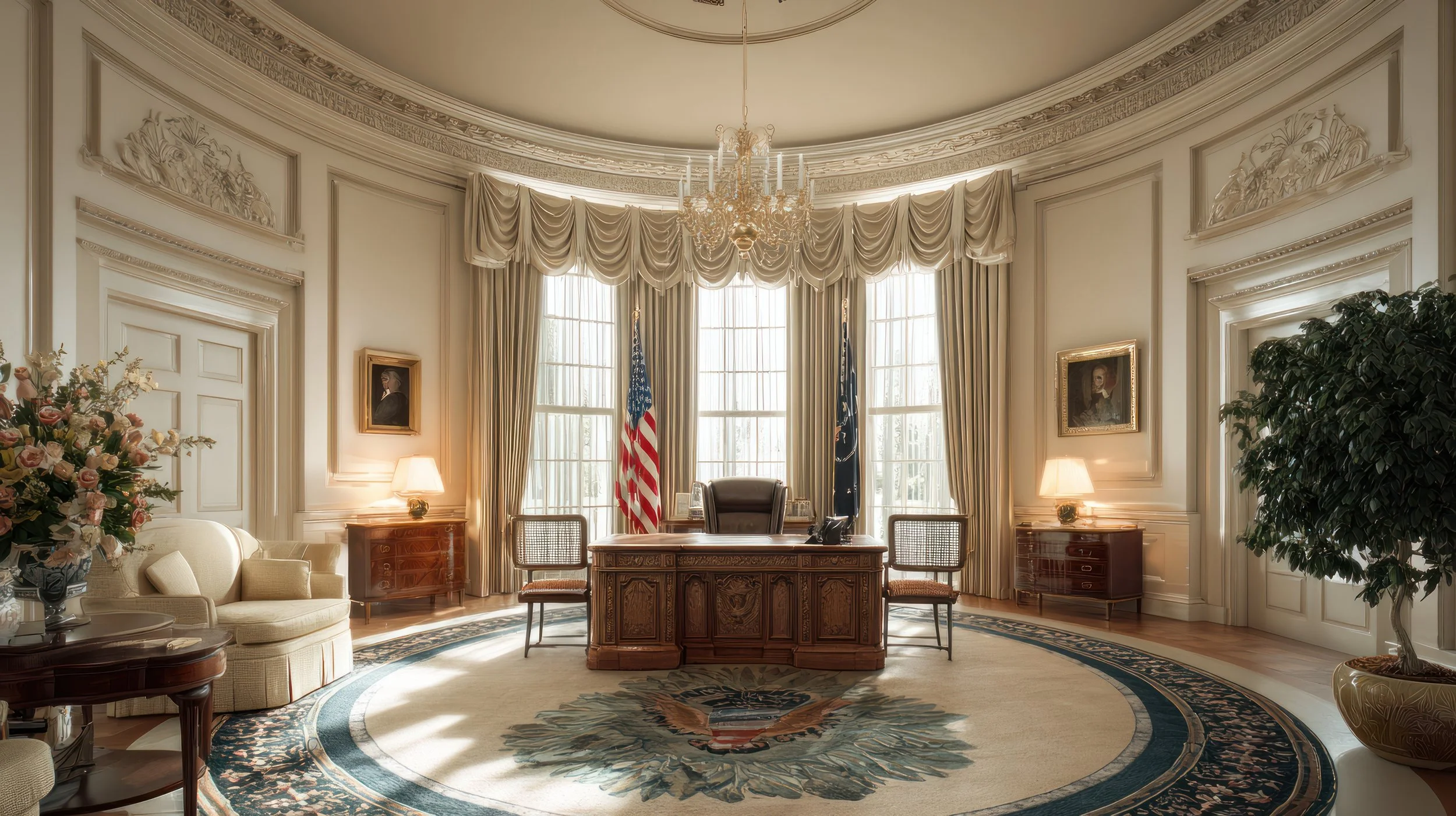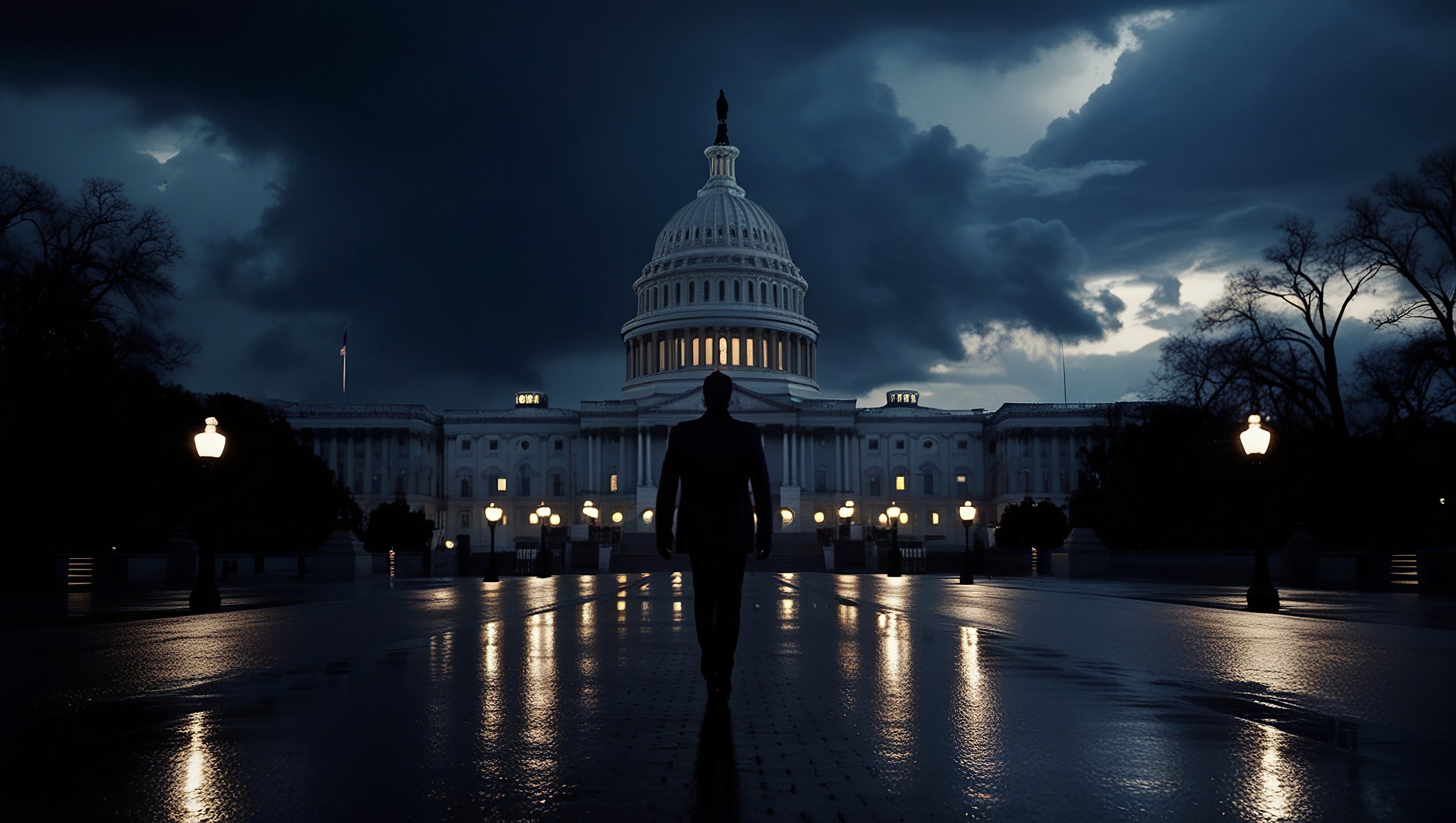Ten Worst Decisions Since 1776
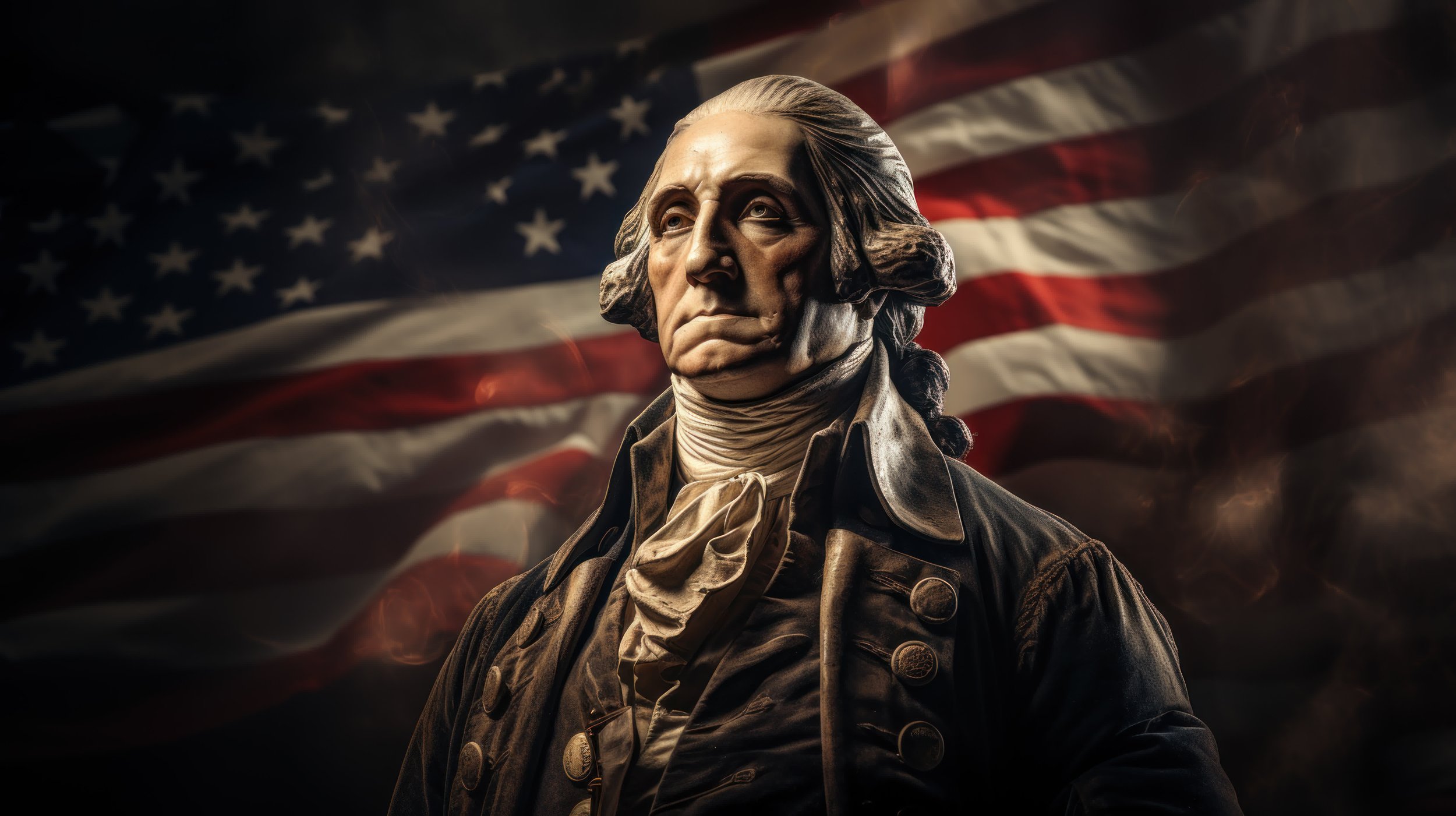
By Ben Everidge for Thomas
Photo: Adobe Stock By Neuroshock
From the Independent Perspective of a Nation Still Searching for Balance …
Introduction: What Went Wrong and Why It Still Matters
Since 1776, America has promised liberty, equality, and justice for all. However, that promise has been challenged time and again, not only by foreign threats, but also by our leaders and institutions. Some decisions left scars. Others shattered public trust. And a few opened doors to unchecked power that still swing wide open today.
In an era where the balance of power is once again teetering, we take a hard look back, from the Supreme Court to the presidency to the halls of Congress, to examine the ten worst political or institutional decisions in U.S. history. Then, in the spirit of rebuilding, we explore five moments we almost got it right and how independent leadership might still help us do so.
1. The Supreme Court Declares the President Above the Law (2024)
Actor: U.S. Supreme Court
Case: Trump v. United States
Legacy: Executive immunity, unchecked power
In 2024, the Court ruled that a president is immune from criminal prosecution for "official acts" while in office. This decision shattered the balance envisioned by the Founders. It invites future abuses, from political retribution to violent suppression, under the cloak of executive privilege. It may prove the most constitutionally corrosive ruling in modern American history.
2. Protecting Slavery in the Constitution (1787)
Actor: Constitutional Convention
Legacy: A foundational compromise with evil
To form a union, the Framers allowed slavery to remain untouched. The cost? A Civil War, a racial caste system, and a legacy of injustice that continues to divide us.
3. The Dred Scott Decision (1857)
Actor: U.S. Supreme Court
Legacy: Citizenship denied, war inflamed
African Americans were denied their humanity and citizenship, and Congress was denied its power to end slavery in the territories—one of the most infamous judicial betrayals of liberty.
4. The Indian Removal Act and Trail of Tears (1830s)
Actor: President Jackson & Congress
Legacy: Ethnic cleansing, judicial defiance
Jackson defied the Supreme Court and forcibly relocated Native nations, resulting in thousands of deaths and a legacy of broken treaties.
5. Japanese American Internment (1942)
Actor: FDR / Upheld in Korematsu v. U.S.
Legacy: Civil liberties dismantled
No due process. No justice. Only fear-driven detention. The apology came late. The damage to constitutional protections was immediate.
6. The Iraq War Based on False Intelligence (2003)
Actor: Bush Administration & Congress
Legacy: Destabilization, deception
With no WMDs found, the war’s actual cost was measured in blood, global chaos, and the erosion of America’s credibility.
7. Citizens United v. FEC (2010)
Actor: U.S. Supreme Court
Legacy: Dark money unleashed
A single decision redefined elections, giving billionaires and corporations free rein to influence politics, often in the shadows.
8. The Failure to Pass Immigration Reform (2007–Present)
Actor: Congress
Legacy: Crisis by inertia
No president or Congress has dared to fix a broken system. The human cost is immeasurable, the political fallout permanent.
9. The Watergate Cover-Up (1972–1974)
Actor: Nixon White House
Legacy: Institutional distrust
The presidency became synonymous with corruption, and Americans began to doubt the integrity of their leaders. Permanently.
10. Mishandling the COVID-19 Pandemic (2020–2021)
Actor: Trump Administration
Legacy: Public health politicized
From misinformation to inaction, the pandemic exposed the dangers of politicized science and shattered already fraying public trust.
Five Moments We Almost Got It Right
A companion sidebar for hope and hindsight
1. Washington’s Voluntary Exit from Power (1797)
He could have been king. Instead, he stepped down, establishing a peaceful transfer of power that inspired democracies worldwide.
2. The Emancipation Proclamation (1863)
Though limited in immediate effect, Lincoln’s proclamation reframed the Civil War as a fight for human freedom and opened the path to the 13th Amendment.
3. The Civil Rights Act & Voting Rights Act (1964–1965)
In a rare moment of bipartisan courage, Congress and LBJ challenged America’s original sin. For a time, the moral arc bent visibly toward justice.
4. The Church Committee Hearings (1975–76)
Following the Watergate scandal, Congress conducted an investigation into abuses by intelligence agencies. The hearings led to the establishment of the FISA courts and the modern oversight of surveillance powers.
5. McCain-Feingold Campaign Finance Reform (2002)
It wasn’t perfect, but it was a serious attempt to limit money’s grip on politics. It passed with bipartisan support, then was gutted by Citizens United.
How an Independent President or Reform-Minded Congress Could Fix It
Americans are increasingly alienated from both major parties. Independents, moderates, and unaffiliated voters now outnumber Democrats or Republicans in many states. Here’s how non-partisan leadership could begin reversing these structural failures:
1. Codify Presidential Accountability
Introduce and pass laws explicitly limiting presidential immunity and ensuring that no person, including the president, is above the law.
2. Launch a Second Church Committee
A bipartisan or independent commission can investigate abuses of executive power, surveillance, and campaign finance corruption, just like in the 1970s.
3. Enact National Referenda and Term Limits
Restore faith in institutions by allowing citizens to vote on major reforms directly and limiting entrenched political incumbency.
4. Reform the Supreme Court Ethically, Not Politically
Require ethics rules, term limits, and transparent conflict-of-interest standards. The goal is to restore judicial legitimacy without resorting to court-packing gamesmanship.
5. Pass a True Campaign Finance Overhaul
Replace Citizens United with a modern model: donor transparency, public matching funds, and spending limits with teeth.
6. Restore the Voting Rights Act and Recommit to Equal Protection
An independent president could champion a new VRA 2.0 and unite states behind a voluntary national standard for access and integrity in elections.
Conclusion: The Future Is Ours, If We Own the Past
America’s story is not written solely by its heroes. It’s shaped by the courage to admit failure and chart a better path. The ten worst decisions remind us what happens when power corrupts. But the near-misses, the “almosts,” remind us what’s still possible.
In a time of cynicism, dysfunction, and division, it may not be the next Republican or Democrat who rights the ship. But rather a principled independent or a coalition of reformers bold enough to say: “Enough.”
Read the 12 Tenets
